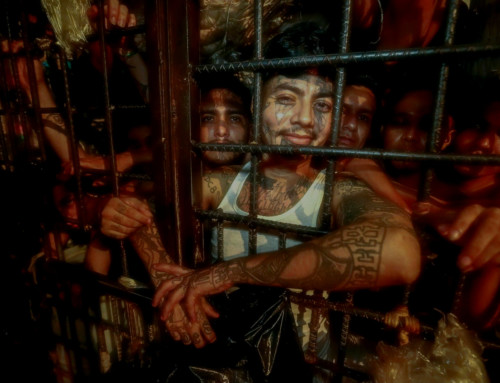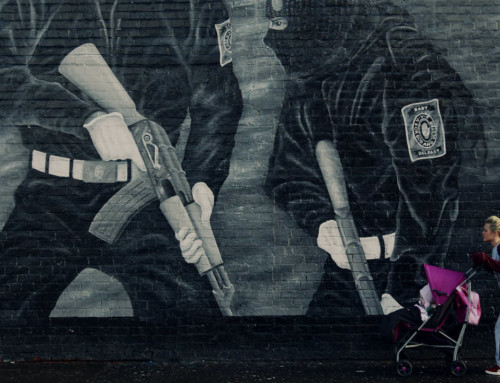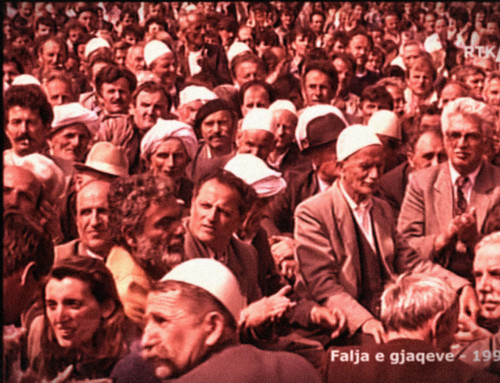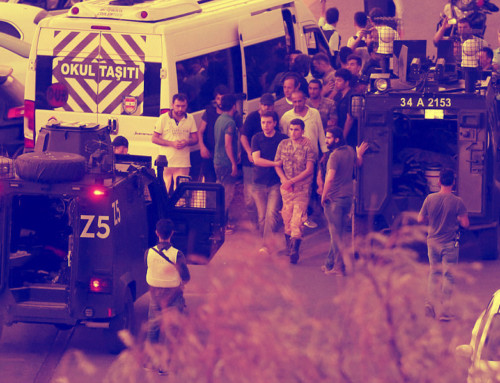This is a week of Braithwaite family remembrance of the suffering of war
Dr Brendan Nelson, at the Australian War Memorial on 28 September, will launch my brother Dick’s splendid book on the Sandakan Death March that took the life of our mother’s first husband, Wal Blatch. Our father Dick Braithwaite was one of six Death March survivors who lived to tell the story of the 2500 POWs who went to Sandakan.
Fighting Monsters: An Intimate History of the Sandakan Tragedy (Richard Wallace Braithwaite: Australian Scholarly Publishing, 2016).
There are important implications for reconciliation and war crimes enforcement policy from Dick’s book that I will write about in the new year, though that is hardly the main theme of this wide-ranging book.
As our family gathers at the War Memorial for the book launch, we also remember our grandfather Joseph (Joe) Braithwaite who was wounded in a gas attack at the Battle of Passchendaele near Ypres, Belgium, one hundred years ago on 26 September 2016. Joe was a machine gunner. Dick’s book explains that Joe’s first child Elsie was not fathered by him, but he brought her up as his own. Then in World War I young Elsie herself had an “illegitimate” child, our father Dick. Joe and his wife Mary brought Elsie and Dick up as brother and sister. Joe was a good man.
Grandad Joe never spoke with me about the war until the very final days of his life in 1970. His mind was wandering as he was dying. He kept mumbling, occasionally shouting, about life in the trenches. The biggest theme was how cold his feet were, poor Queensland boy used to warm weather.
I don’t know why he did not speak to me of the war until 1970. I wonder if he felt his son’s suffering of war was so much greater than his (it certainly was). So perhaps he thought it wrong to speak of his own wartime struggles. Perhaps it was wrong to remind family members, his son’s mothers, or daughter-in-law Joyce, of war.
The sad thing is I did not even know that grandad had been gassed in World War I until long after he had died. He had a terrible cough, always. He soothed his throat, damaged by the gas, with endless sucking of Hudson’s Eumenthol Jujubes. The soothing power of the gums for Australians.
In May I visited the Tehran Peace Museum. Most staff of the museum were veterans disabled by the Iran-Iraq war. One man had been victim of a gas attack. He coughed a lot. It was a shallow, struggling, rasping cough that I had not heard in the 46 years since granddad died.
Grandad’s suffering from the gas is still with us in modern war in the Middle East. One of the many obligations of our generation is to end forever the gas attacks that still occur today in Syria. Let us allow the memory of our own loved ones to motivate that noble project of international law.






Leave A Comment